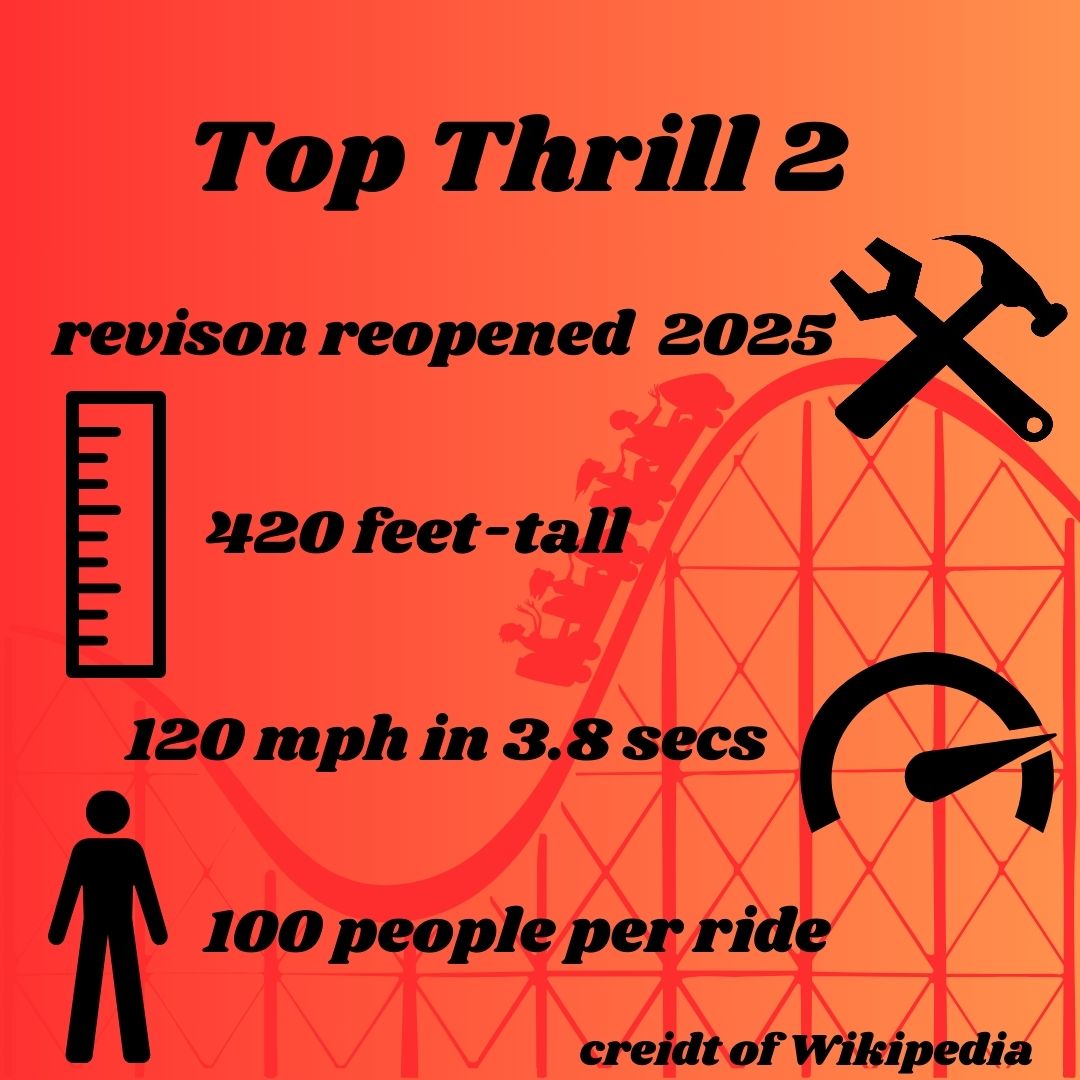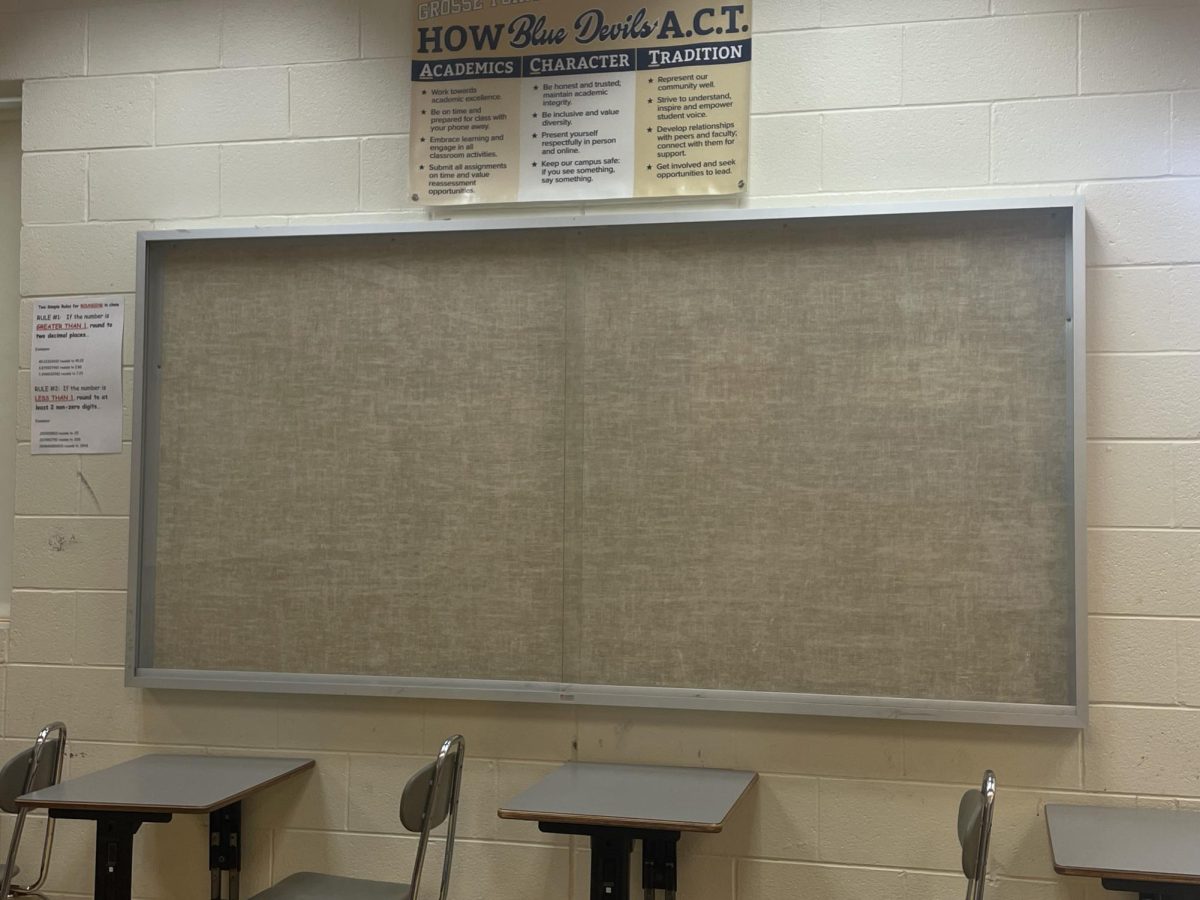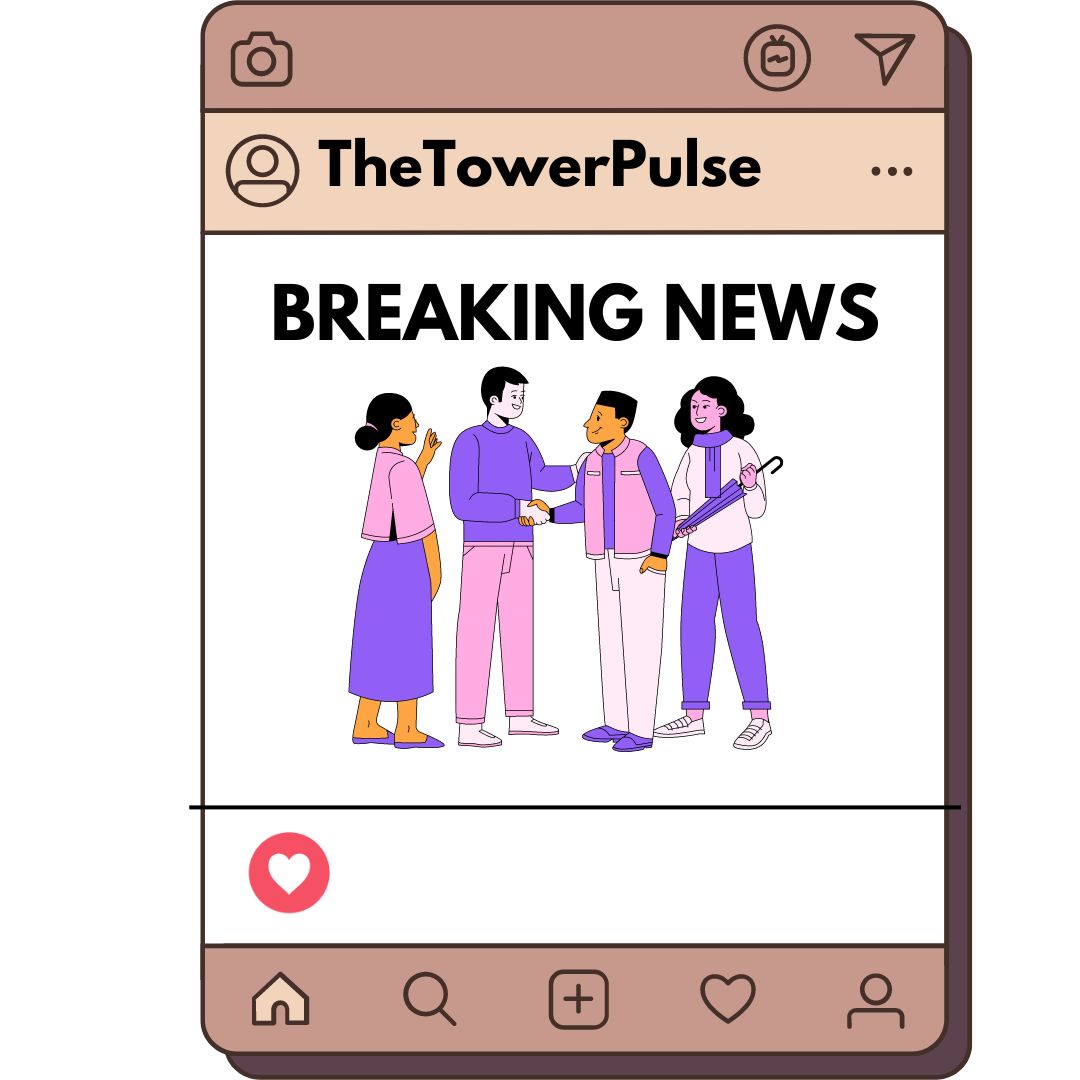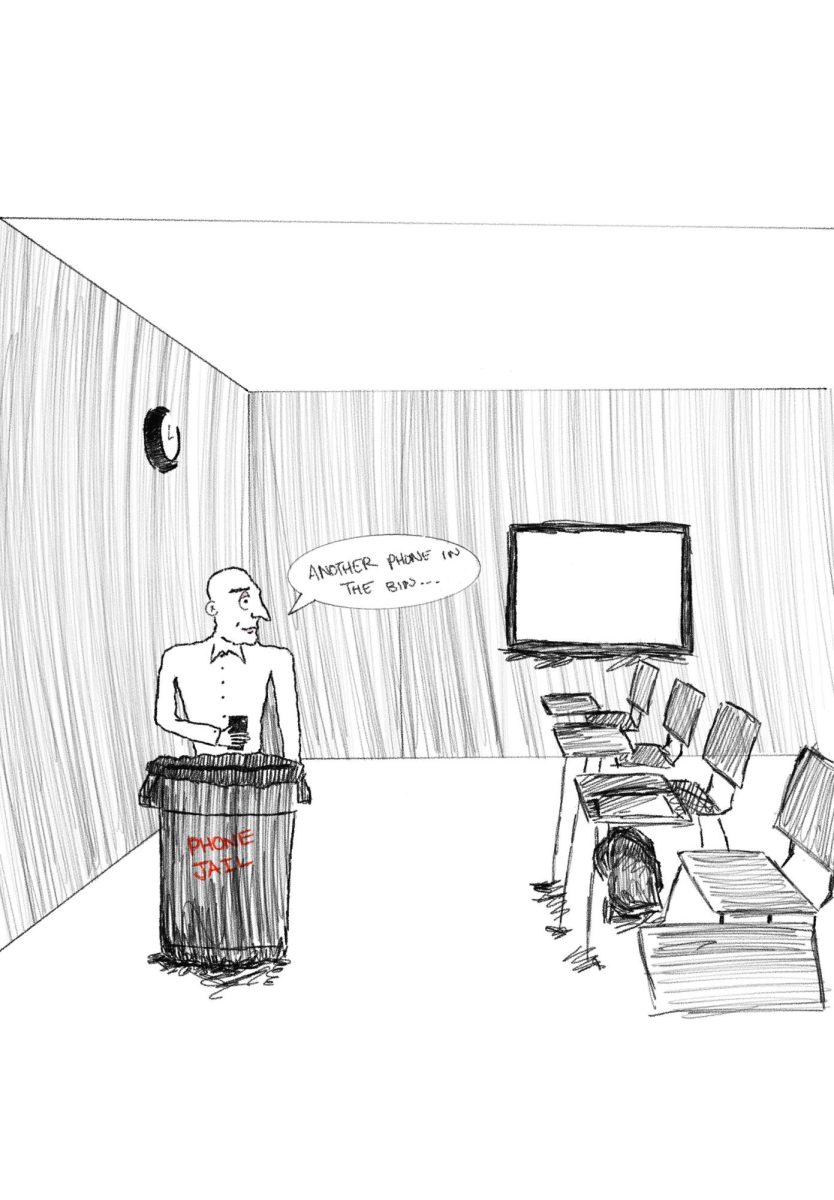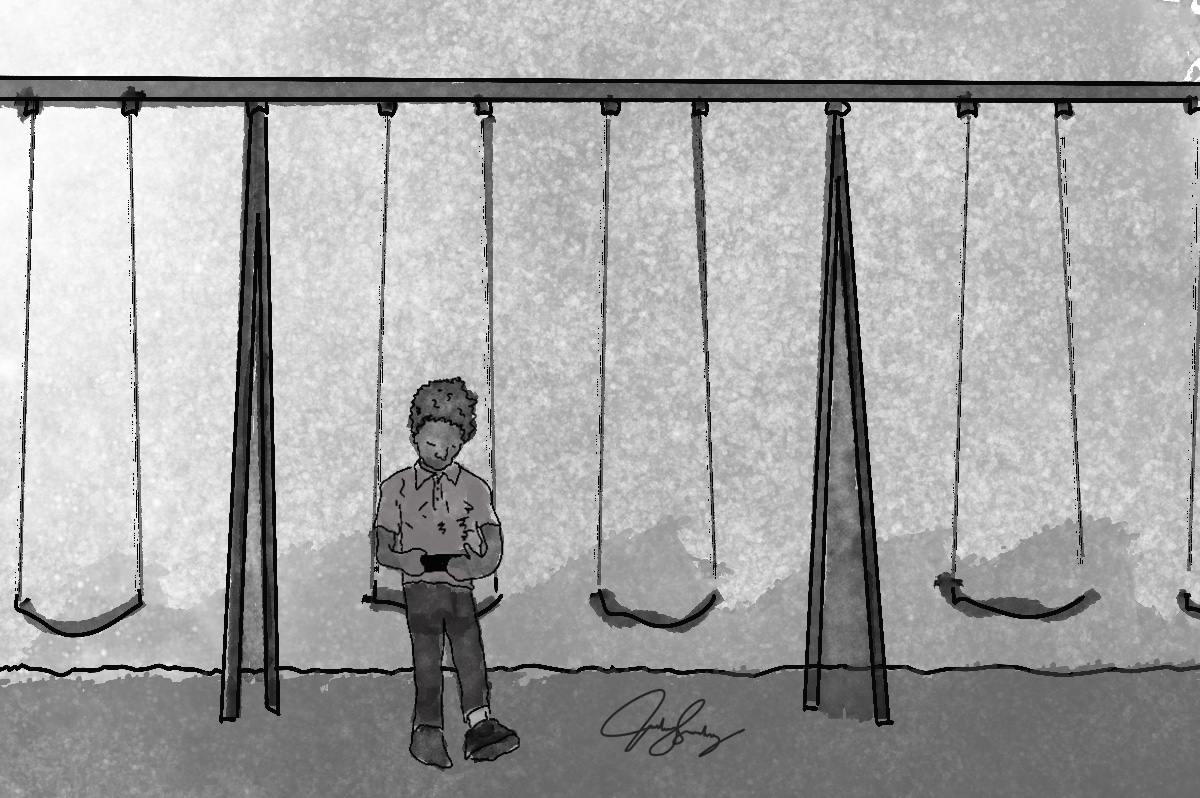Technology has been advancing ever since it began; from the Industrial Revolution to the invention of the iPhone to AI now being right at our fingertips. It has continuously developed and these changes have become more and more targeted towards children, altering how they approach situations and how they live their lives. We at The Tower believe that the unregulated amounts of technology that are now available towards kids are likely to negatively impact their childhood by isolating them from friends and instead surrounding them with influencer pandering.
Technology has been a market in continuous growth since current high schoolers were born, but one that was greatly established before that. According to the US Census in 2000, 54 million households, or 51 percent of households, had one or more computers and internet access, up from 42 percent in just December of 1998. This large acceleration of technology consumption is corroborated by another study in 2019 by NPR that found that 53% of children aged 8 through 18 in the US owned a smartphone by age 11. Technology—social media especially—has found a way to become invaluable to younger generations. Despite the obvious benefits of communication, this new era of normal has created irreparable changes to childhood as we know it. We at The Tower believe that, while technology has had positive impacts on children, unregulated usages of social media and “phone time” can negatively impact your childhood.
Something that makes social media and the internet so appealing is that it’s “easy”. Because of its evolution, shopping worldwide has become accessible and any homework question is easy to answer. This has had a largely negative effect on teenagers. A study by SpringerLink found that the use of digital applications has changed the way adolescents relate to their peers and form relationships. More often than not, a teenager will scroll for hours on TikTok rather than do activities like going for walks at the park, reading books, crafting or being with friends due to the aforementioned “ease”.
In today’s children, screen usage takes away from time spent imagining and playing outside with friends, activities that we found instrumental in developing our creativity into young adulthood. Phone time is isolating in itself, but technology has become embedded into our free time and we continue to lean on it rather than other more beneficial opportunities and engagements. We at The Tower understand the desire to spend time on your phone but also emphasize the beauty in quality time with others without technology and ask our readers to reflect on the last time they participated in activities with that mindset.
It’s nothing new for a child to want to be older, as shown in many coming of age movies, but online advertising has truly played into this dream as there has been an increased level of marketing through social media to promote products, such as skin care, toward teens who typically aren’t as mature as they think they are. When you first get a phone or ipod, you download easygoing games; as you get older, you download social media apps. There’s a developmental path through technology as you grow up and it’s swamped with creators who leave impressions upon you. This desire to act a different age is magnified by that ability to constantly look at influencers’ social media pages despite the fact that they are older/in college going on brand deal trips or having other exciting experiences.
Kids who constantly compare themselves to unrealistic standards aren’t being fair to themselves and they are also stopping themselves from appreciating being young and what their life is like currently. A study at the Yale School of Medicine found that youth who spend more time on digital devices were statistically more likely to exhibit higher levels of internalized problems such as depression, social anxieties and problems with sleeping. These are the types of effects that are avoidable and too common nowadays. We at The Tower believe that teenagers should try to separate themselves from what they see online and appreciate their childhood/teenage years and the time they have now to mature as a person and find their individuality.
We at The Tower believe that despite its benefits in communication and connections, the widespread impacts of internet usage and marketing towards our youth have changed the typical American childhood for the worse and the changes won’t go away with the composing of an app nor the blocking of it entirely. Technology free moments are invaluable and less frequently occuring and kids need to be regulated on the amount of time they divide between their online world and real one.




